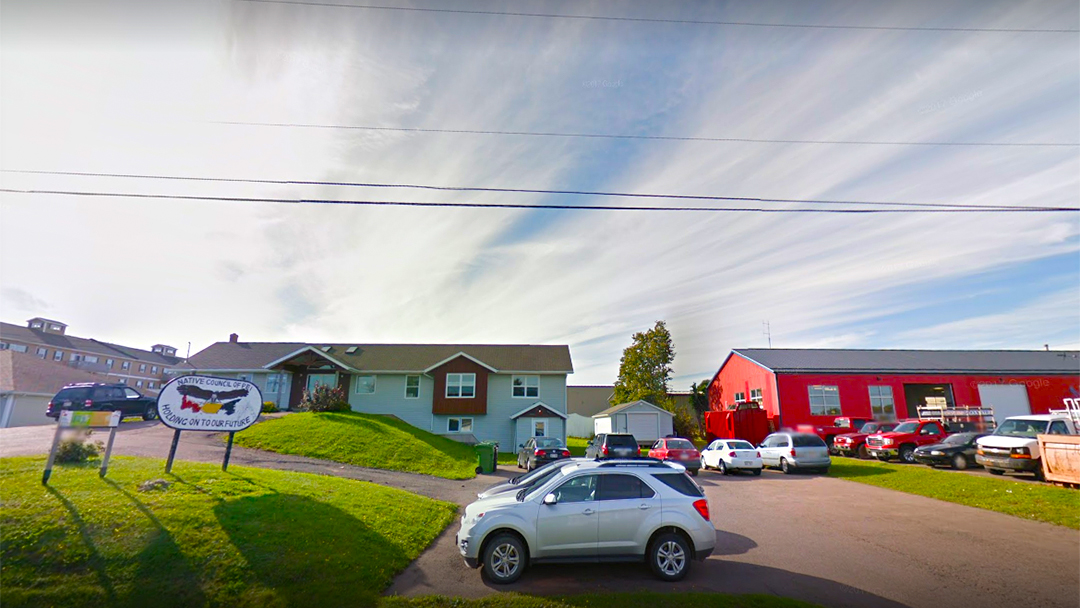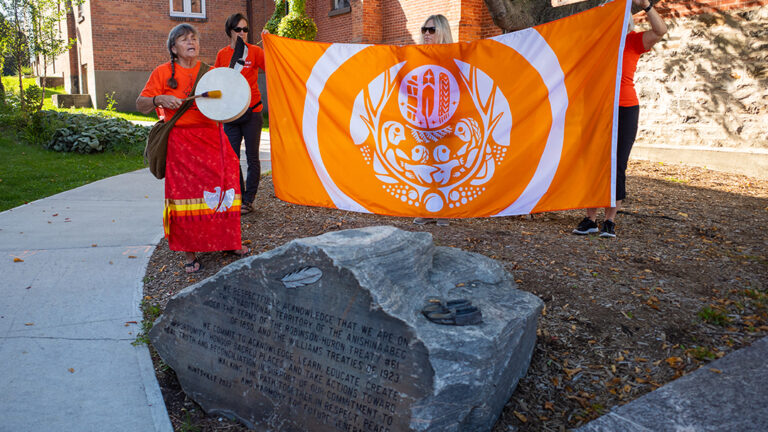Indigenous Tenant Support Initiative (ITSI): $72,852 from the Community-Based Tenant Initiative Fund (CBTIF)
Prince Edward Island has been experiencing a housing crisis for the last decade with its capital being hit the hardest. The rental vacancy rate in Charlottetown has dropped down to 0.2 per cent in 2019—a shocking figure when compared to the country’s average of 2.2%, with larger cities such as Toronto and Montreal hovering at 1.6 and 1.5 respectably (statistics Canada—2019).
There are many aggravating factors to the crisis: a growing population, the proliferation of short-term rental services, a big dip in the construction of multi-family dwellings, and the lack of new affordable housing units being replenished—and the most vulnerable are bearing the brunt of it all.
Indigenous Peoples in Prince Edward Island
The aforementioned issues have exacerbated existing challenges for Indigenous Peoples seeking access to stable, affordable housing, making them particularly vulnerable to falling into homelessness. Racism and discrimination aimed at Indigenous Peoples are firmly entrenched in Canadian society, producing impenetrable systemic and societal barriers that manifest concretely in a lack of affordable and appropriate housing. In fact, a survey conducted in Summerside and Charlottetown found that 14% of respondents identified as Indigenous. This contrasts with only approximately 2% of the total PEI residents being Indigenous—signalling over-representation.
Although not a panacea to the quandary, the Centre is happy to announce new project funding to assist community members with tenant support through the Nanegkam Housing Corporation. Its Indigenous Tenant Support Initiative (ITSI) is a step forward to empowering Indigenous tenants, arming them with the knowledge, tools, and support to stave off illegal renovictions, informing them of their rights and responsibilities, while providing life skill development assistance.
THE ORGANIZATION
In 1974, The Native Council of PEI, in partnership with Canadian Mortgage & Housing developed Nanegkam Housing Corporation. Nanegkam Housing is managed by Atlantic Peoples Housing and provides Indigenous Peoples and families living in off-reserve rental units within the Charlottetown and Summerside areas. Rental units available under this program include apartments, duplexes, single-family homes, and townhouses within the Charlottetown and Summerside areas.
Over half of current Nanegkam tenants have been at risk of eviction and need direct support services to assist them. Issues that place tenants in this situation include rent arrears, damage to property, and hostile behaviour.
THE PROJECT
The Centre’s contribution is essential for the support of community members as the Native Council has no project funding to assist community members with tenant supports. While it is very important to provide rent-geared-to-income housing support to community members who need it, without the proper tenant support, it is difficult for vulnerable community members to progress along the housing continuum, with homelessness at one end and homeownership at the other, and consistently access stable, affordable housing in their lives.
More importantly, this project will support both community and Nanegkam Housing Corporation Indigenous tenants by delivering accessible and culturally relevant support—a tenet that is vital to the Centre’s ongoing support for the “for Indigenous, by Indigenous” principle. Furthermore, community participation will increase Indigenous tenants’ capacity to take charge of their housing through self-sufficiency with the available resources.
COMMUNITY IMPACT
The project will affect approximately 60 tenants.
“The Indigenous Tenant Support Initiative (ITSI) is a project that will inform and support off-reserve Indigenous tenants on their rights and responsibilities in order to reduce the number of evictions that community members face when renting in Prince Edward Island (PEI). By partnering with key housing stakeholders, and through a wraparound approach to meeting community need, the Native Council is providing much-needed support to vulnerable tenants. This project is special as Indigenous tenants will be empowered to address housing challenges head-on through educational sessions and one-on-one support amid COVID-19 and an affordable housing shortage in PEI,” comments Valerie Campbell, Office Supervisor at the Native Council of Prince Edward Island.
Opportunities for skill building will be available through the options presented to community members. Support options may include: Group information sessions on budgeting and tenant rights and responsibilities, one-on-one consultation and education on budgeting, reference to relevant materials including the Native Council tenant manual, workshops for tenant skill building for advocating for themselves including Q and A concerning the Rental of Residential Property Act and engaging with the Office of the Director of Residential Rental Property, and traditional activities that incorporate Indigenous knowledge such as sweat lodge ceremony or family teachings.
PARTNERS
Community Legal Information PEI will contribute to the project by co-facilitating presentations on tenant rights and responsibilities and will offer an advisory role to the Tenant Support Coordinator as experts on tenant rights and responsibilities. APHL Inc. will help coordinate efforts to engage Indigenous tenants by providing information on community tenants.
Don’t miss out on news from the Native Council of Prince Edward Island by visiting their website and subscribing to their newsletter. http://www.ncpei.com/
REFERENCES
As explored in Homeless Hub’s publication Definition of Indigenous Homelessness in Canada, Indigenous homelessness is “best understood as the outcome of historically constructed and ongoing settler colonization and racism that have displaced and dispossessed First Nations, Métis and Inuit Peoples from their traditional governance systems and laws, territories, histories, worldviews, ancestors and stories.”
Homeless Hub’s publication Definition of Indigenous Homeless in Canada (https://homelesshub.ca/sites/default/files/COHIndigenousHomelessnessDefinition.pdf)



